Freedom is not a license for chaos
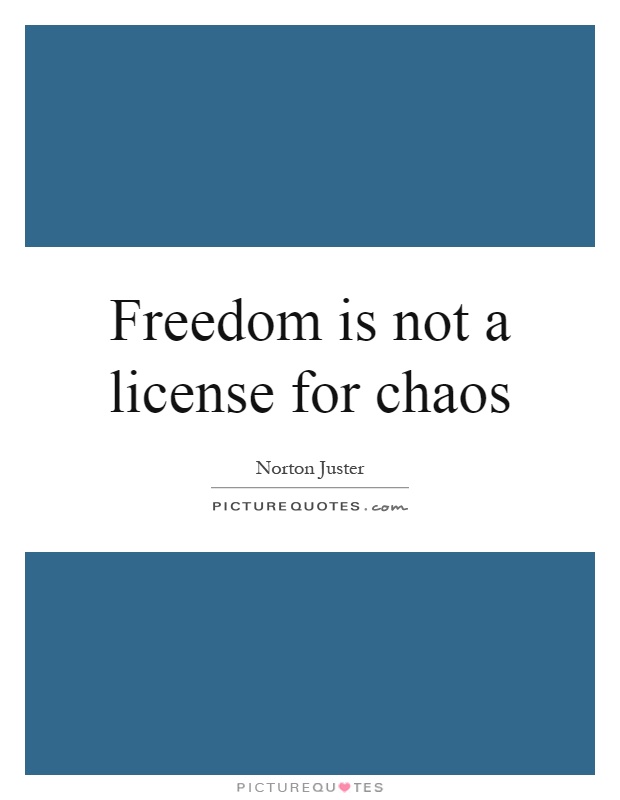
Freedom is not a license for chaos
In the beloved children's book "The Phantom Tollbooth" by Norton Juster, the character of Milo learns many valuable lessons about the importance of education, curiosity, and the power of words. One of the most important lessons he learns is that freedom is not a license for chaos.Throughout the book, Milo encounters a variety of characters who embody different aspects of chaos and order. The character of the Whether Man represents chaos, constantly changing his mind and unable to make decisions. On the other hand, the character of the Mathemagician represents order, using logic and reason to solve problems.
One of the key moments in the book that illustrates the idea that freedom is not a license for chaos is when Milo visits the Doldrums, a place where nothing ever happens. In the Doldrums, Milo is tempted to give up and do nothing, but he realizes that true freedom comes from taking action and making choices. By choosing to leave the Doldrums and continue on his journey, Milo demonstrates that freedom is not about doing whatever you want, but about taking responsibility for your actions and making the most of your opportunities.
Another important lesson about freedom and chaos in "The Phantom Tollbooth" comes from the character of the Terrible Trivium, who tries to distract Milo with meaningless tasks and busywork. The Terrible Trivium represents the idea that too much freedom can lead to chaos, as it can be easy to get caught up in trivial pursuits and lose sight of what is truly important.
Overall, "The Phantom Tollbooth" teaches readers that true freedom comes from using your time and talents wisely, making thoughtful choices, and taking responsibility for your actions. While it may be tempting to embrace chaos and do whatever you want, true freedom comes from finding a balance between order and chaos, and using your freedom to make the world a better place.
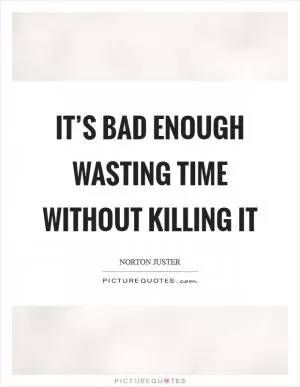
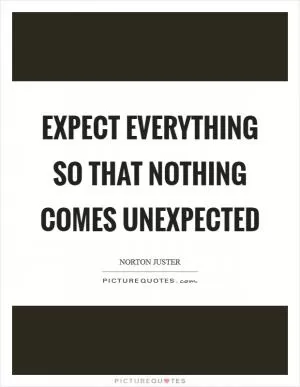
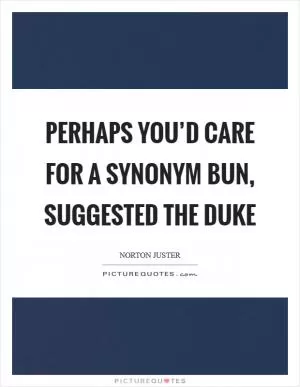
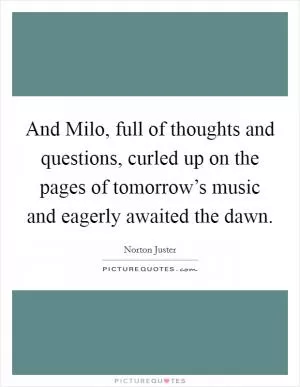
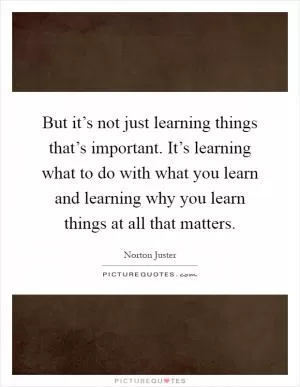
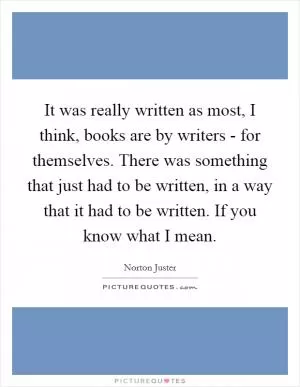
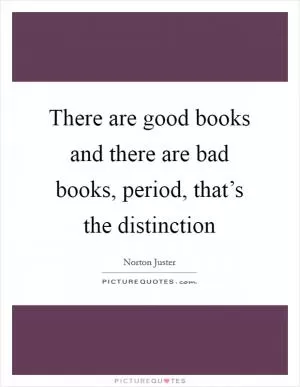
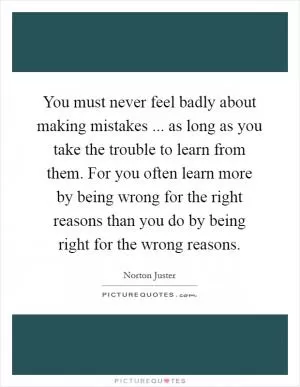
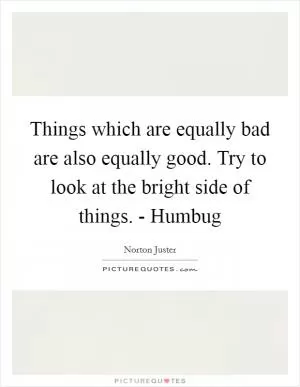
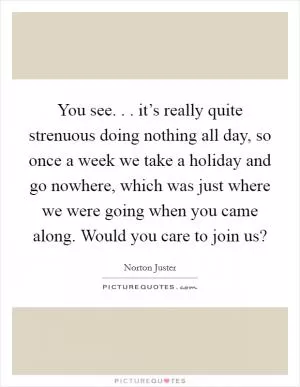
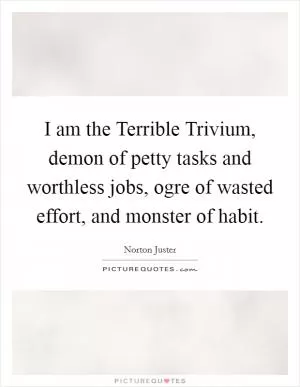
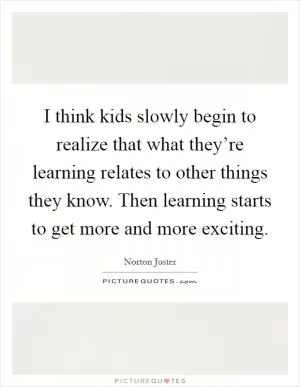
 Friendship Quotes
Friendship Quotes Love Quotes
Love Quotes Life Quotes
Life Quotes Funny Quotes
Funny Quotes Motivational Quotes
Motivational Quotes Inspirational Quotes
Inspirational Quotes